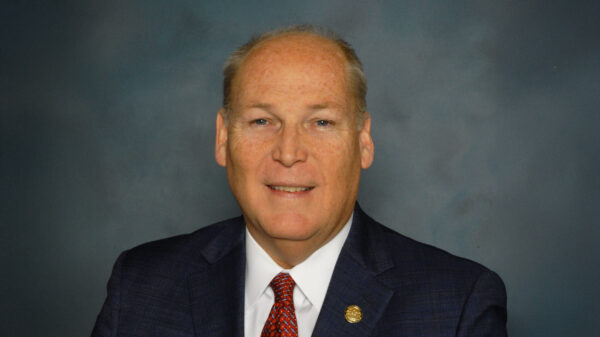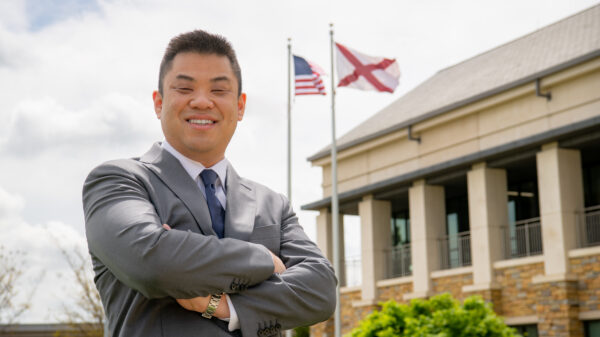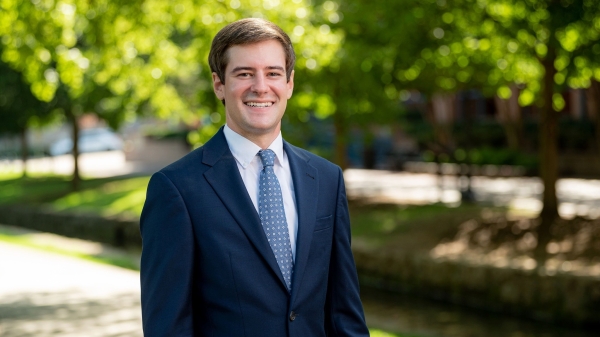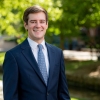Legislation eliminating a longstanding barrier for retired doctors who wish to volunteer at free health clinics in Alabama is now on its way to Governor Kay Ivey’s desk for her signature.
House Bill 346, sponsored by Rep. Paul Lee, R-Dothan, removes the 100-hour annual volunteer service requirement for retired physicians holding a Retired Senior Volunteer license. The bill aims to make it easier for experienced medical professionals to offer their services at no cost in underserved communities.
The Alabama Board of Medical Examiners, which regulates the practice of medicine in the state, has strongly supported the measure.
“This legislation can expand patient access to quality healthcare. That’s incredibly important for the people of Alabama,” said Dr. Max Rogers, the Board’s chair. “This commonsense change to the law will allow more retired physicians to volunteer their time and ultimately benefit Alabamians who lack access to affordable medical care. Physicians across the state are thankful for Rep. Lee’s leadership on this issue and look forward to having Gov. Ivey’s signature on the bill.”
The RSV program, created in 2000, was intended to reduce liability risks for physicians volunteering at free and charitable clinics. However, many retired doctors found the 100-hour requirement overly burdensome, making it difficult for them to participate meaningfully while still maintaining the license.
“Having to meet 100 hours in a practice of medicine is huge,” said William Perkins, executive director of the Alabama Board of Medical Examiners. “It’s almost impossible to do and doing it for free; it’s going to require time to fulfill that requirement, so you’re not going to even have time to help the patients.”
Under HB346, the 100-hour mandate will be removed, but physicians must still meet several qualifications to obtain or maintain the RSV license. These include previously holding an unrestricted medical license in good standing, being fully retired and in good health, and agreeing to fulfill continuing education requirements. The license restricts volunteer work to free clinics and other approved nonprofit medical facilities that serve patients who cannot afford care.
The bill now heads to Governor Ivey’s desk, where her signature will turn the new policy into law. Supporters believe the change will help address healthcare shortages in many parts of the state, particularly in rural and low-income areas.
“This is about knocking down unnecessary barriers and empowering retired doctors who want to give back,” Rep. Lee said. “It’s a win for the physicians and for the people of Alabama.”



















































